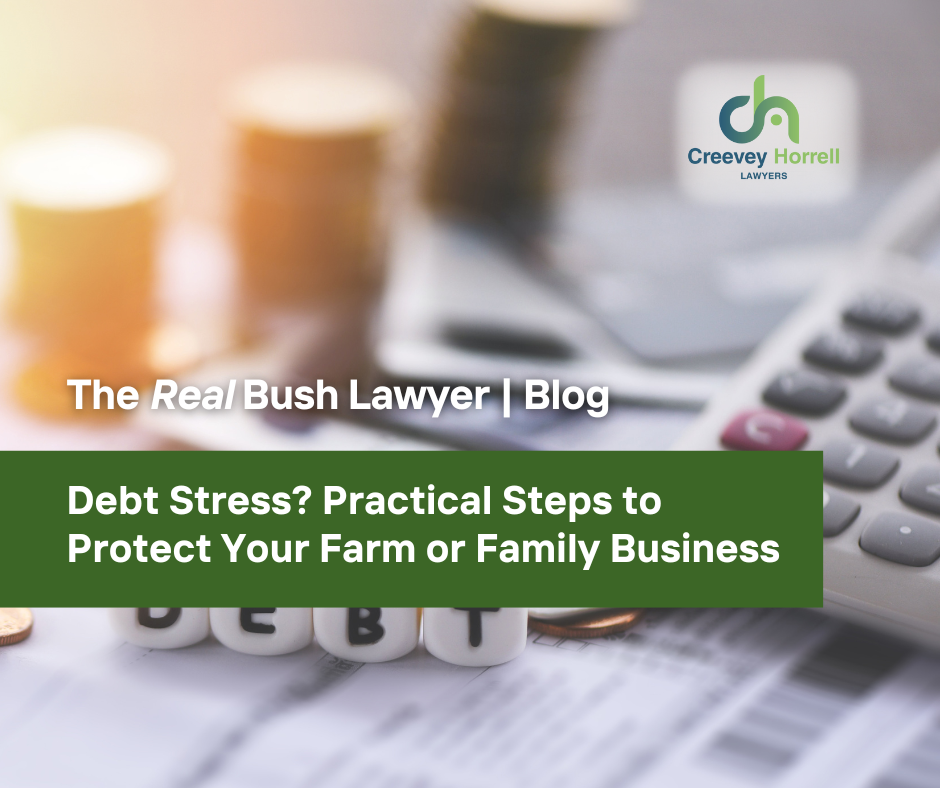PUNISHMENT FOR SOMEONE ELSE'S CRIME
- yyong59
- Jul 13, 2022
- 2 min read

There is the common saying “you do the crime, you do the time.” However, in some circumstances in Queensland even if you don’t do the crime, but were aware it was a probable consequence, you still have to do the time.
Section 8 of the Criminal Code provides that if two or more people plan to do something unlawful together, and in carrying out the plan an offence is committed, each of those people are taken to have committed that offence. However, this only occurs if it is the kind of offence likely to be committed as the result of carrying out that plan.
To be found guilty under section 8, three things must be established beyond a reasonable doubt:
1. That there was a common intention to carry out an unlawful act/purpose;
2. That the offence was committed while carrying out the unlawful purpose; and
3. The offence was of such nature that it was a probable consequence of carrying out the unlawful act/purpose.
To prove whether there was a common purpose, evidence of the defendant’s actual state of mind will be considered. It must be established beyond a reasonable doubt that the defendant agreed to an unlawful common purpose (i.e. robbing a bank). Things like the potential involvement of violence in order to carry out the act/purpose will be considered to determine if the defendant assumed the risk of potential actions by their counterpart.
If there is a common unlawful purpose, it must be established that the new offence (committed by the other person) was committed in the furtherance or carrying out of the unlawful purpose.
For example, if Mr A and Ms B plan to rob a bank together and while performing this plan, Mr A seriously injures a bank teller to access the money, Ms B could also be charged with the assault of the bank teller. However, this can only occur if the assault was a probable consequence of carrying out the plan.
If you have been charged under section 8, please contact our experienced Crime and Misconduct Team at Creevey Russell Lawyers as soon as possible.




.png)




Comments